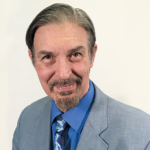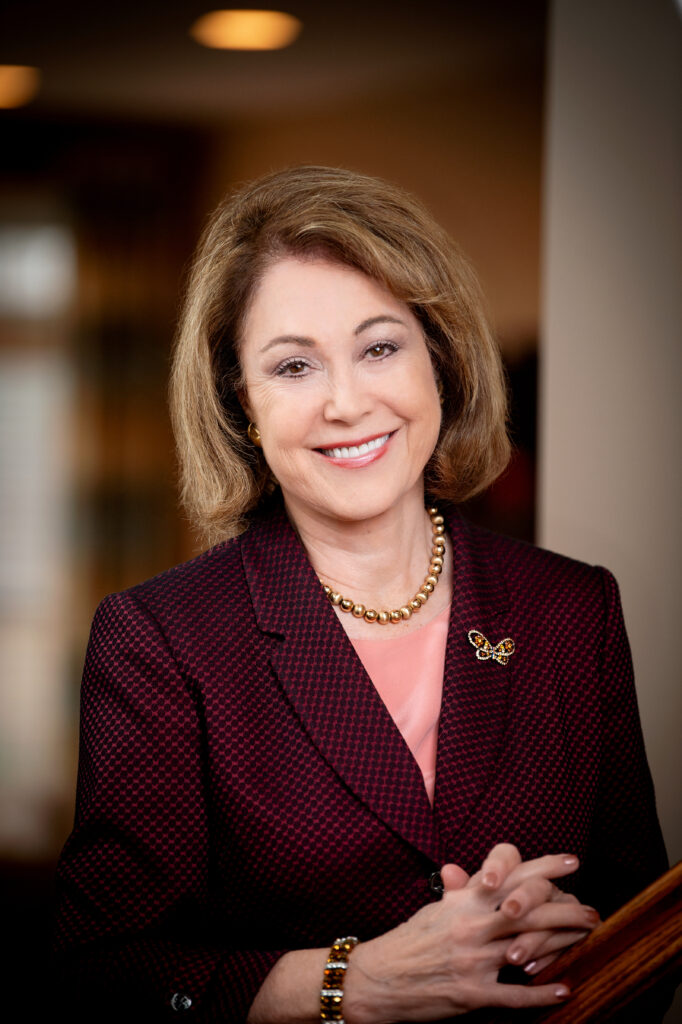ARLINGTON HEIGHTS, IL (May 1, 2019) – The world should be entering a golden age of medicine, but the Food and Drug Administration’s (FDA) antiquated process for certifying the safety and efficacy of new treatments could significantly delay that future, limiting innovation and unnecessarily harming millions of patients in the process.
While FDA bureaucrats slow-walk the approval of new pharmaceuticals, millions of Americans suffer or even die waiting for promising treatments to be made available. Many of those patients left in anguish rightly ask, “Isn’t there a better way?” The answer is unequivocally, “Yes!”
A new Policy Brief from Heartland Institute Research Director Edward Hudgins titled “A Modern System for Approving Cures of the Future,” argues that a “Free to Choose Medicine” approach, by collecting real-world data on the effects of new drugs, would provide more patients with access to potentially life-saving drugs. And it would do it so much faster and more efficiently than the current FDA system.
Read and Download the Policy Brief PDF here.
To interview The Heartland Institute’s Research Director and Policy Brief author Edward Hudgins, please contact Director of Communications Jim Lakely at [email protected] or call/text his cell: 312-731-9364.
As Hudgins writes:
“By providing observational data in real time to drug developers, Free to Choose Medicine (FTCM) would allow less-efficacious drugs to fail faster, weeding out poorly performing drugs in a shorter period and revealing more quickly which drugs are likely to work well. …
“FTCM would also create a system for determining efficacy that, at minimum, would supplement FDA’s use of statistical analyses generated using data from randomized, controlled clinical trials. Under FTCM, a Tradeoff Evaluation Drug Database (TEDD) would be created. Information about patients, including their genetic data, relevant biomarkers, and clinical treatment results from the use of drugs on FTCM tracks, would be logged into TEDD, with patient privacy strictly guarded.
“This database would be accessible to the public and researchers alike and would give patients and physicians a fuller understanding of all their treatment options in a way that is currently impossible to achieve.”
To learn more about Heartland’s Free To Choose Medicine project, check out this website.
The Heartland Institute is a 35-year-old national nonprofit organization headquartered in Arlington Heights, Illinois. Its mission is to discover, develop, and promote free-market solutions to social and economic problems. For more information, visit our website or call 312/377-4000.





